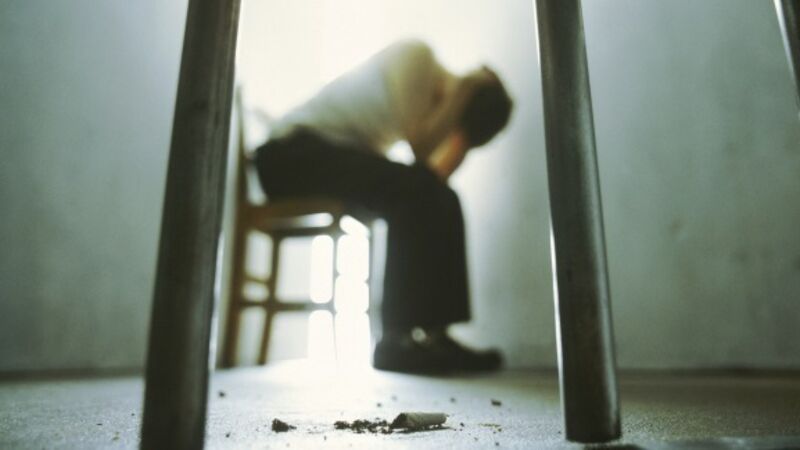Urgent action needed on mental illness in prisons

Increasing numbers of prisoners with a severe mental illness are on a waiting list for the country’s only forensic psychiatric hospital.
While there are psychiatric referral units in all Dublin prisons, as well as Portlaoise and Midlands, there are none in Cork, Limerick, or Castlerea, despite approval for them in 2016.













